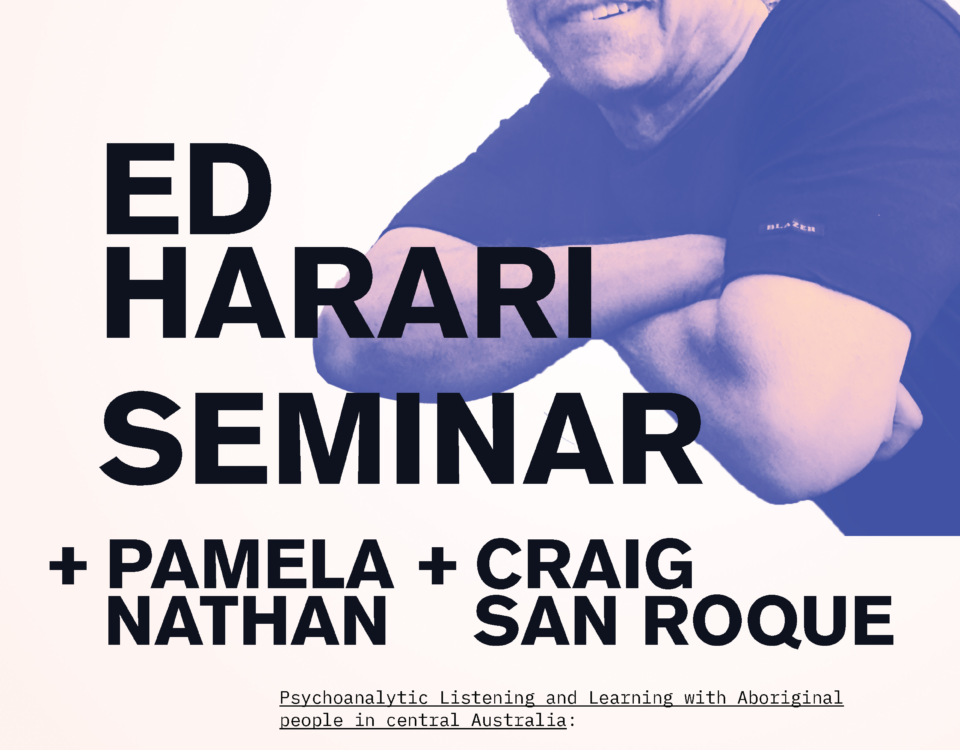Creating safe, supportive environments to improve mental health
October 9, 2014Hipbone Sticking Out – MURRU
October 22, 2014By Pamela Nathan
This article highlights the importance of programs that treat the cause, not bandaid solutions that may mask the symptoms for a time, but don’t get to the crux of the problem.
As Mundine points out, programs may be ‘great’ and have highly qualified people running them, but they won’t work if the kids aren’t at school. Improving literacy and numeracy is as much about addressing issues of health (mental and physical), incarceration levels, substance abuse, domestic violence, etc as it is about improving teaching methods.
Mundine emphasises results and the importance of measuring outcomes. Agreed! It is important, however, to remember that psychological change is also important – and this change may take time and may also be difficult to quantify.
Aboriginal communities need support to traverse the minefield of generational pain, trauma, violence and racism. And it is the responsibility of all Australians to take on the mantle of mutual responsibility to repair trauma and to achieve the possibility of future lives and creative and human futures. The voices of Aboriginal people need to be heard in order to find healing and empowerment.
Results do matter. Results are, in fact, critical. But not because they are the vital statistics for future funding. These results are about the lives of real people.





